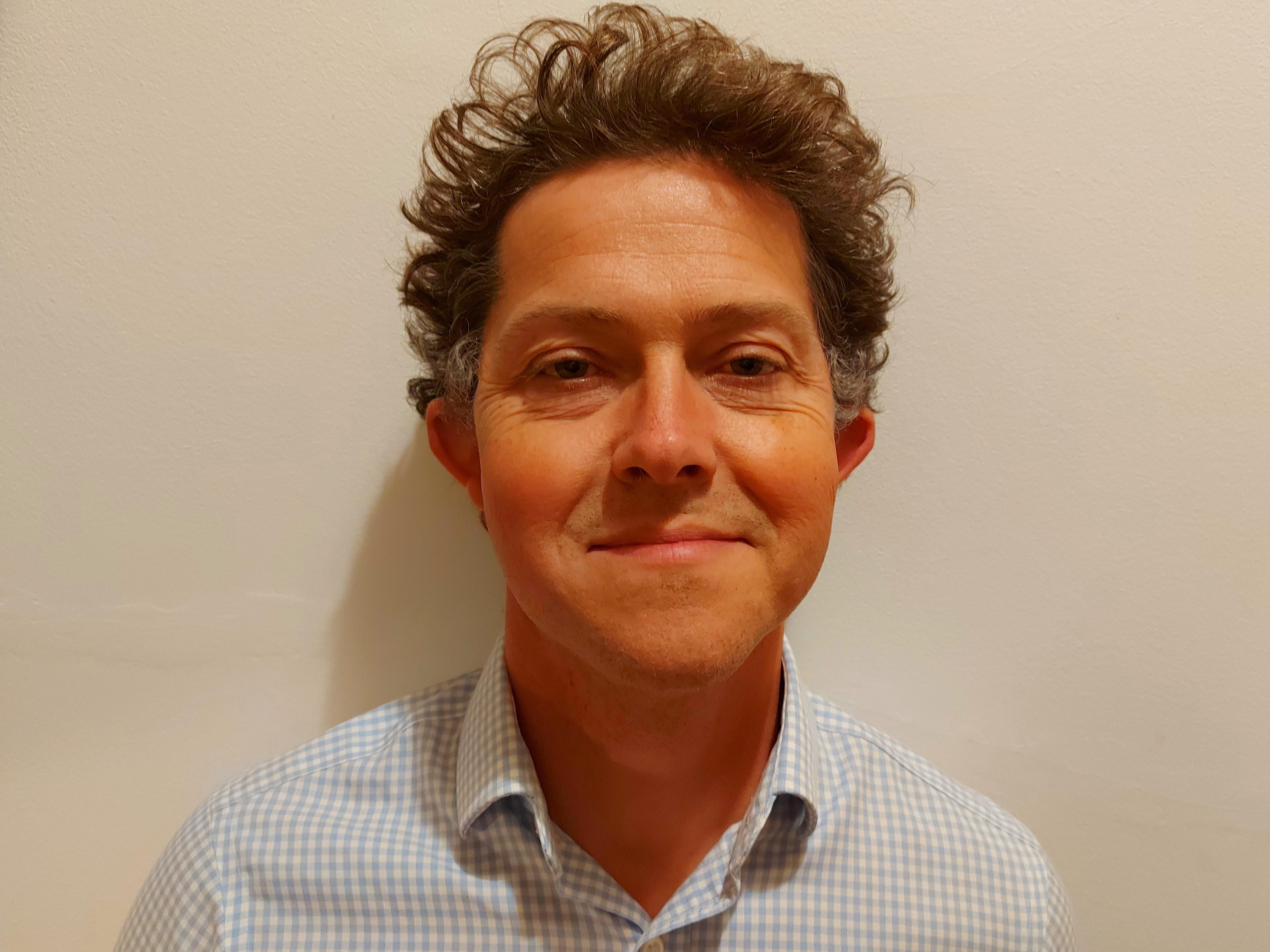Mr Kirkby-Bott is happy to consult on any stage of diagnosis or treatment for this condition
Thyroid Goitres
An enlarged thyroid gland.
Solitary nodules & Cancer
Thyroid cancer is uncommon and cured in >93%. Mr James Kirkby-Bott explains

Thyroid nodules are very common. Either alone or as part of a multi-nodular Goitre. A goitre is the term used to describe an enlarged thyroid gland. As the thyroid enlarges it is often due to an asymmetrical enlargement of nodules within a goitre or a single sided nodule. Thyroid cancer is uncommon. The most common 2 types can be cured in >93%. All types are best treated by surgery.
Symptoms of a Goitre
These can be felt in the neck and depending upon a combination of factors can cause 'compressive' symptoms such as difficulty swallowing or a sense of choking in certain positions. Especially lying flat at night. Goitres usually have a normal thyroid function, but can be associated with either an over or under active gland due to an autoimmune condition such as Hashimotos's disease or Graves' disease.
Diagnosis of Thyroid nodules & Goitre
First a blood test is needed to look for thyroid function and presence of autoantibodies such as TPO. At this stage we also check your parathyroid function and vitamin D levels in case surgery might be indicated.
An ultrasound of the neck is required to look at the number, size, position and characteristics of these nodules. Ultrasound is very reliable for diagnosing benign thyroid nodules. If the ultrasound suggests all are benign then no further investigation of their nature is required. If the ultrasound is unable to say a nodule is definitely benign then a needle sample is needed for cytology to help make the diagnosis. This can diagnose a benign lump or say a lump is clearly a cancer. But a significant proportion of lumps are made up of follicular cells and cytology cannot distinguish a benign follicular lump from a follicular thyroid cancer when follicular cells are present. In such cases the chance of the lump being cancer is low - about 20% - but not so low as to feel safe to ignore it. Because these are so slow growing we advice and offer surgery to remove the side with the undiagnosed nodule. This is called a thyroid lobectomy. It leaves behind enough normal thyroid not to require thyroid hormone replacement in the vast vast majority. However, we confirm this by checking your thyroid function after 6-8 weeks. If the histology (microscope examination) of the resected thyroid lobe is benign no further treatment is required. You will not develop calcium problems after a lobectomy, but voice change can still occur and is the main risk of a thyroid lobectomy. My results can be found here.
If the histology does show a cancer then depending upon it's size and other features we usually recommend a completion thyroidectomy so that all your thyroid has been removed. You then require Levothyroxine to replace your thyroid hormone. This has dual roles. It replaces lost thyroid function but if given at a slightly higher dose will suppress any remnant thyroid cells to reduce the risk of recurrent disease. We can also offer Radioactive iodine to mop up any cells still left behind to also reduce the risk of disease recurrence. Because we have taken all of your thyroid out your body cannot make any thyroid proteins. As a part of follow up for thyroid cancer we can take blood samples to look at thyroid protein levels after total thyroidectomy as if they do return it can signal recurrent disease which can then be located and treated. By doing this the risk of a shortened life span from a thyroid cancer is low. Most - over 93% have no recurrence and no reduction in their natural life span.
The vast majority of thyroid nodules are benign with normal function. Those that cause compressive symptoms are best treated by surgery. Usually a thyroid lobectomy is enough. Occasionally both sides are equally enlarged and a total thyroidectomy is required. Risks of surgery and post operation advice can also be found here.
